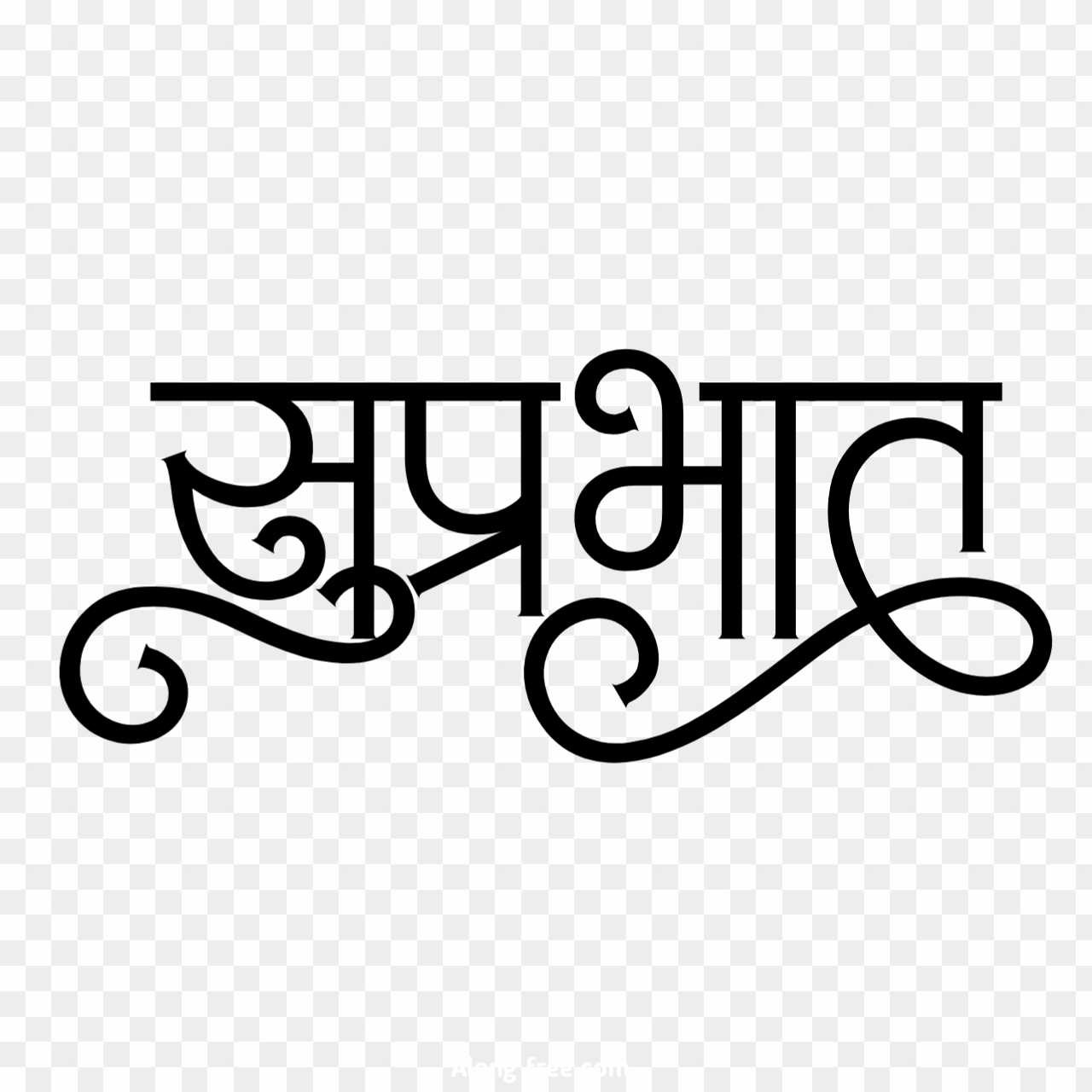Understanding Delayed In Hindi: A Comprehensive Guide For Everyday Conversations
Hey there, let's dive straight into the topic. If you've ever found yourself scratching your head trying to figure out how to say "delayed" in Hindi, you're not alone. Many language enthusiasts and travelers often find themselves in this exact situation. Whether you're planning a trip to India or simply want to enhance your linguistic skills, mastering this term can be incredibly useful. In this article, we'll explore the meaning of "delayed" in Hindi and how to use it in various contexts. So, buckle up and let's get started!
Let's face it, delays are a common part of life. From delayed flights to delayed meetings, the word pops up everywhere. But when you're in India or conversing with Hindi speakers, knowing the right term can make all the difference. Not only will it help you communicate effectively, but it'll also show that you respect their language and culture. So, what exactly is the Hindi word for "delayed"? Stick around, and we'll break it down for you step by step.
Now, here's the deal: learning a new language or even a single word can feel overwhelming at first. But don't worry, we've got your back. This article is designed to make the process as simple and enjoyable as possible. By the end of it, you'll not only know how to say "delayed" in Hindi but also how to use it confidently in real-life situations. Ready to take your language skills to the next level? Let's go!
- Www Kannada Movierulz Your Ultimate Guide To Kannada Movies
- Why I Bomma Movie Is The Hottest Ticket In Town
Table of Contents
- Introduction to Delayed in Hindi
- The Basic Term: "Thahra Hua"
- Understanding Context in Hindi
- Common Variations and Synonyms
- Practical Examples in Daily Life
- Cultural Nuances to Keep in Mind
- Using "Delayed" in Travel Scenarios
- Business Conversations with "Thahra Hua"
- Tips for Mastering Hindi Phrases
- Wrapping Up: Your Next Steps
The Basic Term: "Thahra Hua"
Alright, let's get straight to the point. The Hindi equivalent of "delayed" is "thahra hua" (ठहरा हुआ). This phrase literally translates to "stalled" or "halted" and is widely used in everyday conversations. While there are other variations depending on the context, "thahra hua" is a safe bet for most situations. Whether you're talking about a delayed train or a postponed meeting, this term will come in handy.
Now, here's the thing about Hindi. It's a rich and versatile language, so the way you use "thahra hua" can change based on the situation. For example, if you're referring to a delayed flight, you might say "vimaan thahra hua hai" (विमान ठहरा हुआ है), which means "the flight is delayed." Pretty straightforward, right? Let's explore more contexts in the next section.
- 2023 Movies On Movierulz Your Ultimate Guide To Streaming Blockbusters
- Download Agra Full Movie Your Ultimate Guide To Legit Streaming And Downloading
Understanding Context in Hindi
How Context Shapes Meaning
Context is king when it comes to language, and Hindi is no exception. The term "thahra hua" can take on different meanings depending on the scenario. For instance, if you're talking about a delayed project, you might use "kaam thahra hua hai" (काम ठहरा हुआ है), which translates to "the work is delayed." On the other hand, if you're referring to a delayed appointment, you could say "milne ka waqt thahra hua hai" (मिलने का वक्त ठहरा हुआ है).
Here's a little secret: Hindi speakers often rely on tone and context to convey meaning. So, even if you're not 100% perfect with the grammar, your message will still get across as long as you use the right words in the right situation. Cool, right?
Common Variations and Synonyms
Expand Your Vocabulary
While "thahra hua" is the most common term for "delayed," there are a few other words and phrases you might encounter. For example:
- Deri hui (देरी हुई) – This means "delayed" or "late" and is often used in casual conversations.
- Thahar gaya (ठहर गया) – A more informal way of saying "halted" or "stopped."
- Samay par nahi hua (समय पर नहीं हुआ) – Literally translates to "did not happen on time" and is commonly used in formal settings.
Each of these variations has its own unique flavor, so don't be afraid to experiment with them. The more words you know, the better you'll be able to express yourself in Hindi.
Practical Examples in Daily Life
Putting It into Practice
Let's take a look at some real-life examples where you might use "thahra hua" or its variations:
- Train Delay: "Chalaki train thahra hui hai" (चालकी ट्रेन ठहरी हुई है).
- Meeting Delay: "Meeting samay par nahi hui" (मीटिंग समय पर नहीं हुई).
- Project Delay: "Project ka kaam thahra hua hai" (प्रोजेक्ट का काम ठहरा हुआ है).
See how versatile these phrases can be? By incorporating them into your daily conversations, you'll sound more natural and confident when speaking Hindi.
Cultural Nuances to Keep in Mind
Respecting Cultural Sensitivities
Language is deeply tied to culture, and Hindi is no exception. When using terms like "thahra hua," it's important to be mindful of cultural nuances. For instance, Indians tend to be more relaxed about time compared to Western cultures. So, while a "delayed" meeting might be seen as a big deal in some countries, it might not raise as many eyebrows in India.
Additionally, politeness plays a big role in Hindi conversations. Instead of bluntly stating that something is "delayed," you might soften the message by saying "thahra hua lagta hai" (ठहरा हुआ लगता है), which translates to "it seems to be delayed." This approach shows respect and consideration for the listener.
Using "Delayed" in Travel Scenarios
Surviving Travel Hiccups
If you're traveling in India, chances are you'll encounter delays at some point. Knowing how to say "delayed" in Hindi can be a lifesaver in these situations. For example, if your train is delayed, you can ask the conductor, "Train kyun thahra hui hai?" (ट्रेन क्यों ठहरी हुई है?), which means "Why is the train delayed?"
Similarly, if your flight is delayed, you can approach the airline staff and say, "Vimaan thahra hua hai, kya problem hai?" (विमान ठहरा हुआ है, क्या समस्या है?), which translates to "The flight is delayed, what's the problem?" These phrases will not only help you communicate your concerns but also show that you're making an effort to speak the local language.
Business Conversations with "Thahra Hua"
Professional Communication
In a business setting, precision and clarity are key. When discussing delays with Hindi-speaking colleagues or clients, you can use phrases like "Project ka schedule thahra hua hai" (प्रोजेक्ट का स्केजूल ठहरा हुआ है) or "Meeting samay par nahi hui" (मीटिंग समय पर नहीं हुई). These phrases convey professionalism while ensuring that your message is understood.
Remember, in business, it's always a good idea to provide context. For example, instead of just saying "thahra hua," you might say "Project ka schedule thahra hua hai kyunki resources kam hai" (प्रोजेक्ट का स्केजूल ठहरा हुआ है क्योंकि रेसोर्स कम है), which explains why the delay occurred.
Tips for Mastering Hindi Phrases
Level Up Your Language Skills
Learning a new language takes time and practice, but with the right strategies, you can accelerate your progress. Here are a few tips to help you master phrases like "thahra hua":
- Practice Daily: Spend at least 15 minutes each day practicing Hindi phrases. Consistency is key!
- Engage with Native Speakers: Conversing with native Hindi speakers will improve your fluency and confidence.
- Use Language Apps: Apps like Duolingo or Babbel can be great tools for learning new words and phrases.
- Watch Hindi Movies and Shows: This will help you pick up colloquial expressions and improve your listening skills.
By incorporating these tips into your routine, you'll be speaking Hindi like a pro in no time!
Wrapping Up: Your Next Steps
And there you have it, folks! You now know how to say "delayed" in Hindi and how to use it in various contexts. Whether you're traveling, working, or simply conversing with Hindi speakers, mastering this term will make your interactions smoother and more meaningful.
Remember, learning a language is a journey, not a destination. So, don't be afraid to make mistakes and keep practicing. And hey, if you found this article helpful, don't forget to share it with your friends and family. Who knows, you might inspire someone else to take the first step in their language-learning journey!
Until next time, stay curious and keep learning. Namaste!
- 7movierulz Telugu Your Ultimate Guide To Streaming Telugu Movies
- Singham Again Full Movie Download Mp4moviez The Ultimate Guide To Safely Watch Your Fave Film

Delayed sign or stamp Stock vector Colourbox

Delayed Sentence · Profil d'artiste

Good Morning Images In Hindi Font